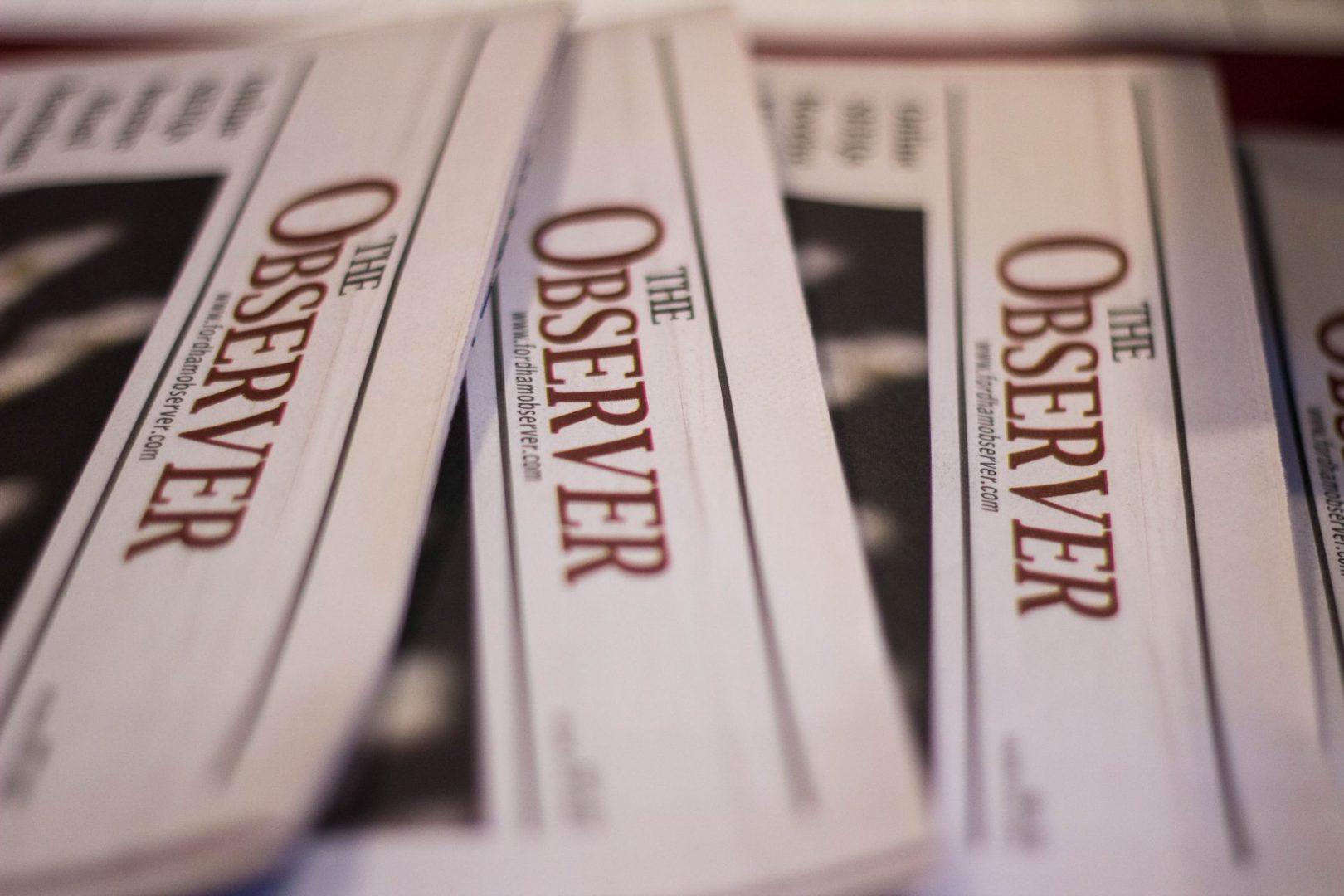Staff Editorial: The Fall of Student Democracy
October 22, 2017
In recent weeks, Fordham’s President, Rev. Joseph McShane S.J., stated that the administration is making strides to improve transparency in the community. With that decision comes the establishment of channels through which students can effectively voice their concerns and ideas.
The university’s aspirations towards increased transparency, however, have already been drastically undermined by the Office of Residential Life’s decision to redraft the Constitution of the Residence Hall Association (RHA), one of Lincoln Center’s three student governing bodies. The alterations include the dismembering of the student-elected Senate and the handover of almost every executive action to the discretion of the Office-appointed RHA adviser. What’s more, RHA’s incoming executive board (E-Board) has been handpicked by the Office of Residential Life from a pool of applicants, a policy the new constitution insists is a one-time measure. All of this, the Office of Residential Life explains, is necessary for rebranding the organization which represents the majority resident student population on campus.
Regardless of how well-intentioned these decisions may be, these actions continue a series of troubling developments at the Lincoln Center campus, developments that have progressively diminished our voice and, ultimately, our power. Because of the Office of Residential Life’s actions, RHA has now become the second student government organization to be compromised in 2017. The ability of the United Student Government (USG) to approve clubs through a democratic process was compromised after Dean of Students Keith Eldredge vetoed their vote to allow Students for Justice in Palestine to become an official club on campus. This decision resulted in a host of issues ranging from student protests on campus to Fordham being highlighted as one of the worst U.S. universities for free speech, according to the Foundation for Individual Rights in Education. The culmination of these issues has led to a split between the student body and the administration, with tensions still lingering.
These actions demonstrate that the university (especially the Office of Student Affairs, to which the Office of Residential Life reports and which partially funds this newspaper) does not believe that the students democratically elected by their peers are capable of making decisions in the best interest of the larger Fordham community.
While the university may be trying to assert transparency in order to increase trust with the student body, it becomes increasingly difficult to reciprocate that trust when administrators demonstrate that they ultimately do not value the democratic institutions in place to represent our voices.
The university has taken some steps to increasing transparency and hearing student voices, but they are only just a start to what the Fordham community needs. The Pizza with the President luncheons are one such step in increasing direct interaction with the undergraduate student body, but their ability to only accommodate 48 students when over 400 expressed interest in participating shows how much work still needs to be done.
What is perhaps most disturbing about this situation, however, is that many students are unaware of these actions, and despite the university’s pledge for better transparency, we may never receive an explanation, let alone an effort to improve. With two-thirds of the student governing bodies on campus having been overruled by an administrator, what will this mean for student participation in open dialogue and in university events? These actions will either discourage members of the student body from coming forward to voice their opinions or will widen the already treacherous rift between the student body and the administration.
We are therefore left in a deeply problematic situation, one that requires us to make a conscious effort to hold the administration accountable for its actions and call attention to issues we care about. Ultimately, we must assert that we are worth listening to, and that our voices are representative of enduring community needs, not just the opinions of a few students that will fade away upon their graduation. The administration has shown that they believe that they are entitled to make decisions in place of the student organizations initially created to ensure that students have a say in their experience at Fordham. This is not the kind of environment we want for our time at Fordham, and we hope that the administrators of the university agree.










